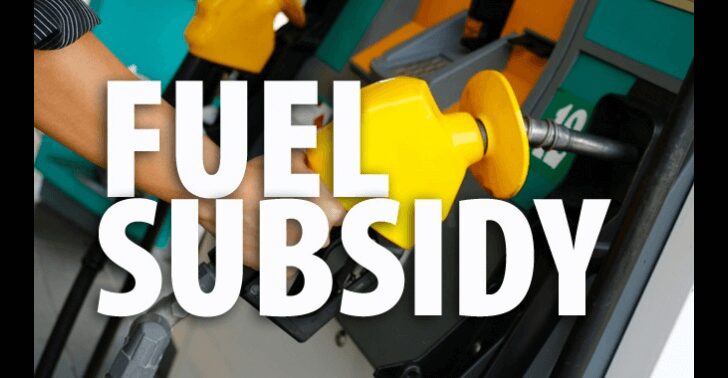The continuous rise in the price of brent crude has undoubtedly led to the increased need for an operational refinery in a country like Nigeria, as instability rocks the local price of the PMS.
Even though the Federal government had announced the deregulation of the oil sector, which would allow the market force determine the price of the product, this has not fully been implemented.
Advertisement
The price of petrol currently rallies between N162-N170 per litre, as crude oil price soar above $65 per barrel.
The Former President, Chartered Institute of Bankers of Nigeria, Segun Ajibola, said that until the national refineries are revamped and made to operate in full capacity, the government may continue to subsidize the price of petrol to cushion the impact of crude oil price increase on citizenry.
He explained that the argument about subsidy is welfarist in nature, especially in a country such as Nigeria where majority are still unable to provide for the basic necessities of life.
He said, “The government usually have just two options for any commodity, it is either it imposes tax or subsidy, and for a country like Nigeria, subsidy is needed to help the average majority access essential commodities such as petrol.
Advertisement
“The way out of paying subsidy is to make the refineries work, and advance on economic discourse.”
Ajibola who was featured at the TVC Business Nigeria Show said that the moribund refineries are major distractions on the National economy advancement.
According to him, the increases in crude oil price would have led to a significant increase in the revenue from oil, but for lack of operational refineries, it has remained a cause of concern for Nigerians as it leads to increase in the imported refined produce.
“The argument about subsidy will continue so long the majority of the people are unable to provide for themselves the basic necessities.
“The problem we have in Nigeria is that there are so many distortions, many disconnects especially in the oil and gas industry.
Advertisement
“We cannot talk about appropriate deregulation if we still have arms and agencies of government holding tight to some segments of the market like NNPC is doing.
“We cannot talk about full deregulation when we depend on imported products, where as we have the well withal to produce in Nigeria and convert the goods to finish product.
“We do not have policies, no programs, no template or blueprint, either to revive the moribund refineries or encourage investment into new refineries, all of these must be corrected if we must enjoy the benefits in the oil sector.”
Meanwhile, the Group Managing Director of the Nigerian National Petroleum Corporation, Mele Kyari had said that efforts are ongoing to rehabilitate the national refineries.
According to him, the refineries have only worked sporadically for years due to activities of vandals.
He said, “Every refinery is expected to operate at least 90 percent of installed capacity but it was impossible to run any of these refineries before the shut down at that level.
Advertisement
“We tried running at 60 per cent of the installed capacity but it led to value destruction, where you take $100 crude to the refinery and bring out only $70.
The GMD noted that the rehabilitation of the refineries were critical to ensuring that they can deliver beyond the 90 percent installed capacity.



